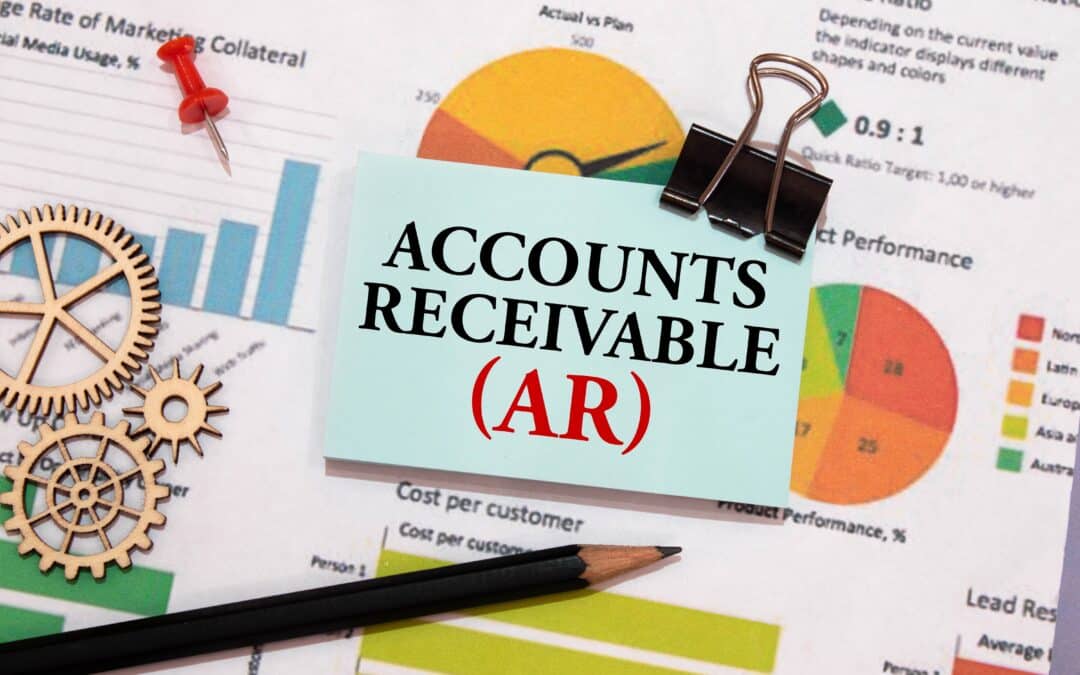Gross Profit What is Gross Profit? Gross profit refers to the earnings generated by a business after subtracting the expenses linked to manufacturing and distributing its products or...


Gross Profit What is Gross Profit? Gross profit refers to the earnings generated by a business after subtracting the expenses linked to manufacturing and distributing its products or...
Financial Ratios What are Financial Ratios? Financial ratios, alternatively termed as financial or accounting ratios, play a pivotal role in aiding stakeholders, including investors, management,...
Retained Earnings What is Retained Earnings? The concept of retained earnings revolves around the idea of the profits an entity decides to keep and reinvest into its own operations rather...

COGS (Cost of Goods Sold) COGS (Cost of Goods Sold) is a term commonly used in accounting and finance to refer to the direct expenses incurred in the production and sale of a product. It...

Amortisation What is Amortisation? According to AASB 138, Amortisation is a financial accounting process that involves the systematic allocation of the depreciable amount of an intangible...

What is Depreciation? Depreciation is a fundamental concept in accounting that refers to the systematic allocation of the cost of a tangible asset over its useful life. It recognises that assets...
Working Capital What is Working Capital? Working capital represents the funds an entity has available for its day to day operations. It’s calculated by subtracting current liabilities from...

Accounts Receivable What is Accounts Receivable? Accounts receivable refers to an asset account that monitors the money owed to an entity by its clients or other debtors. This account essentially...
Accounts Payable What is Accounts Payable?Accounts payable is the money that a business owes to others for goods or services it has received but has not yet paid for. It’s like an entity’s short...